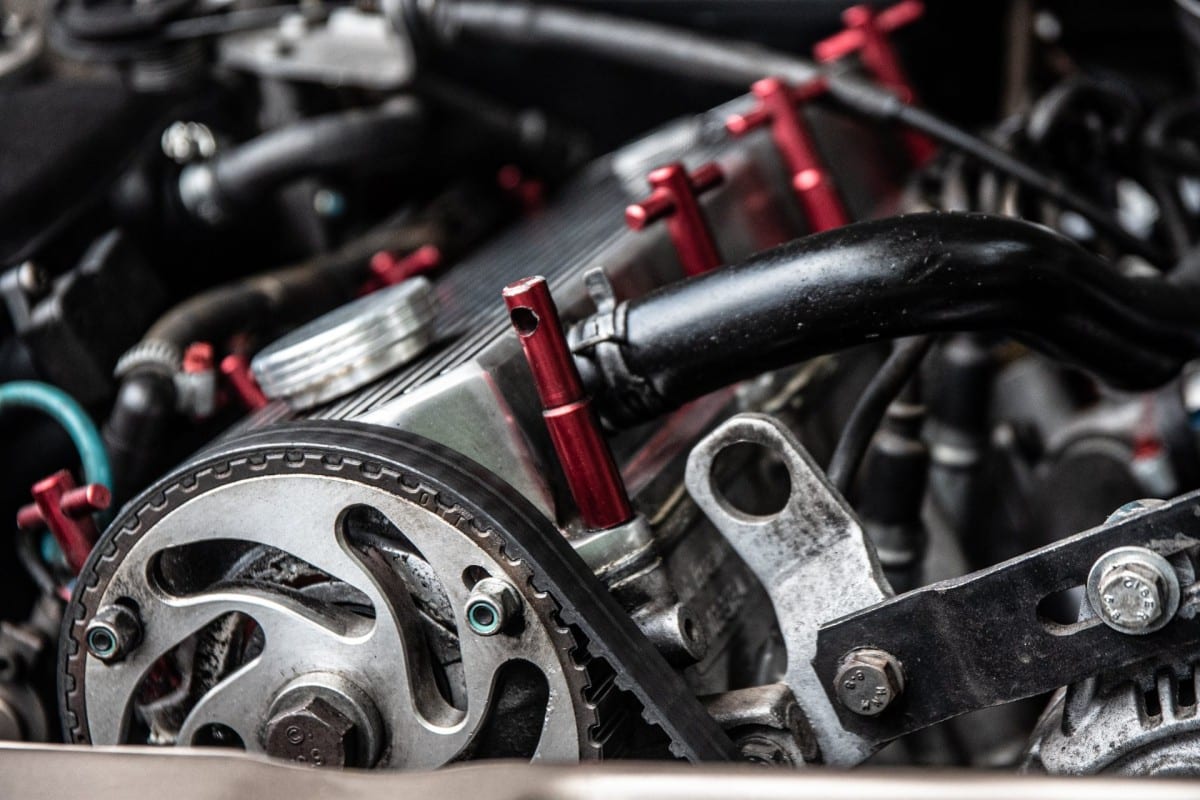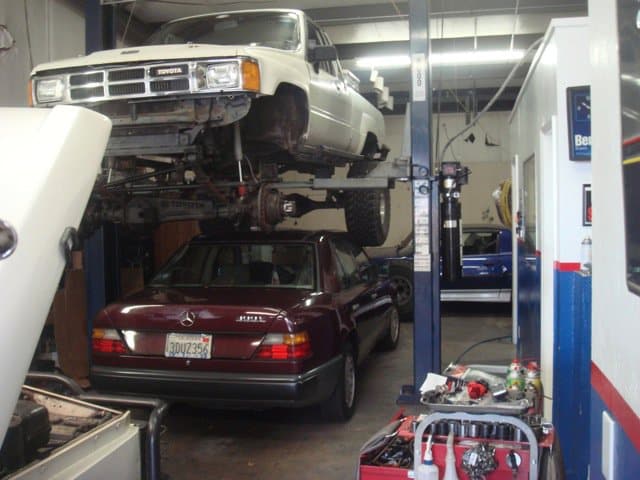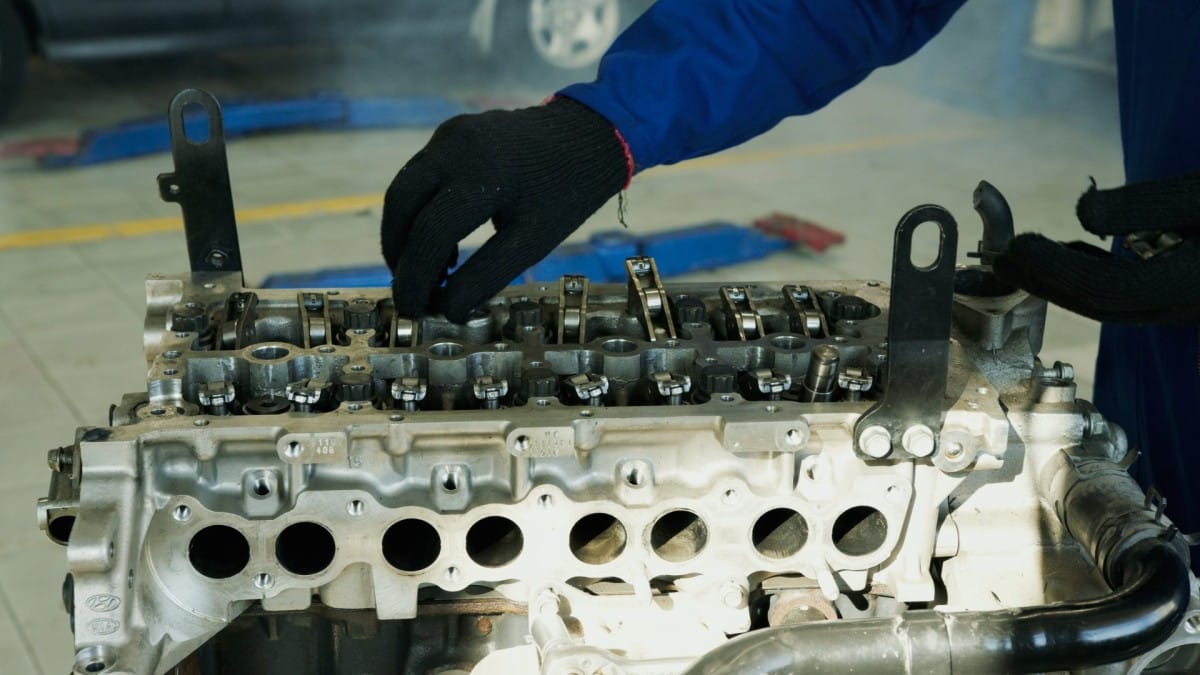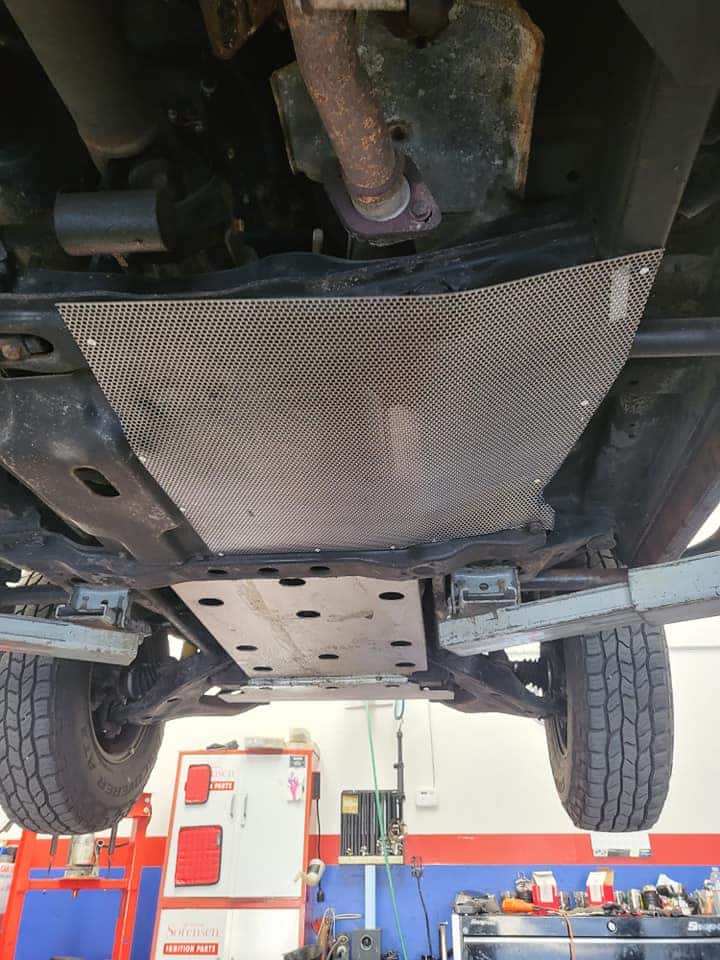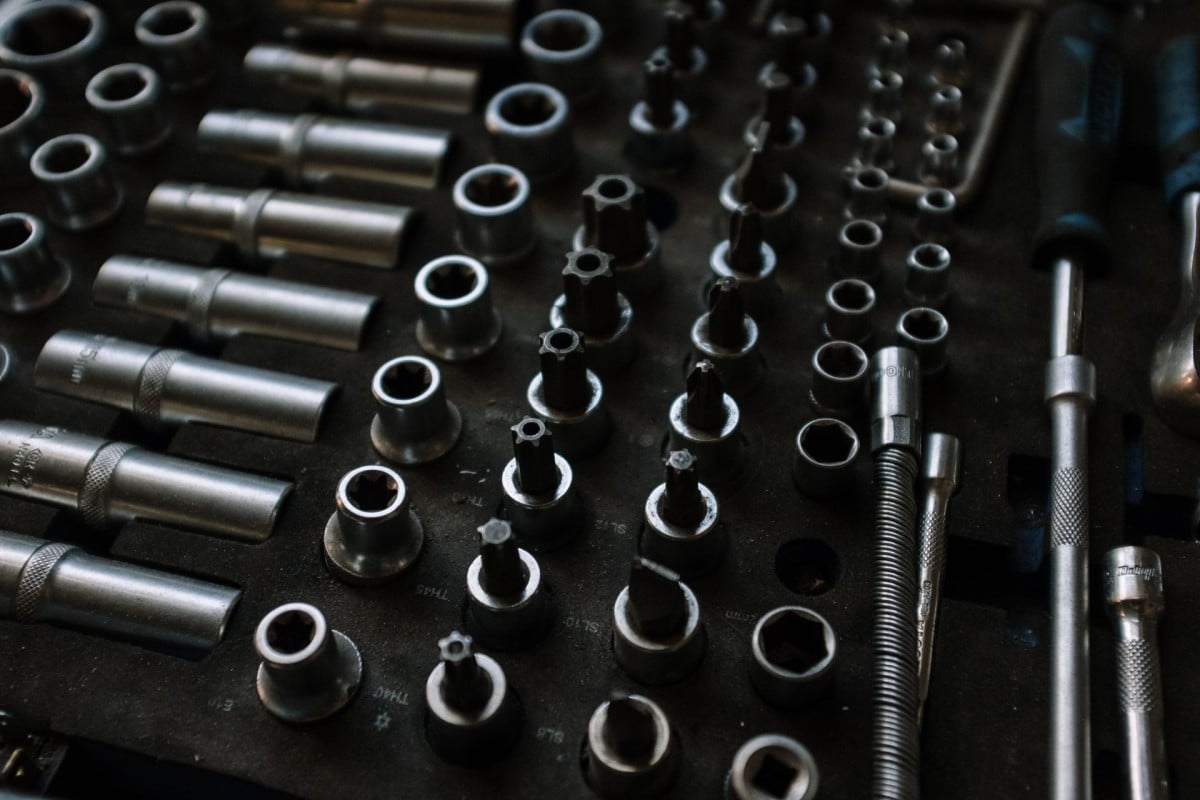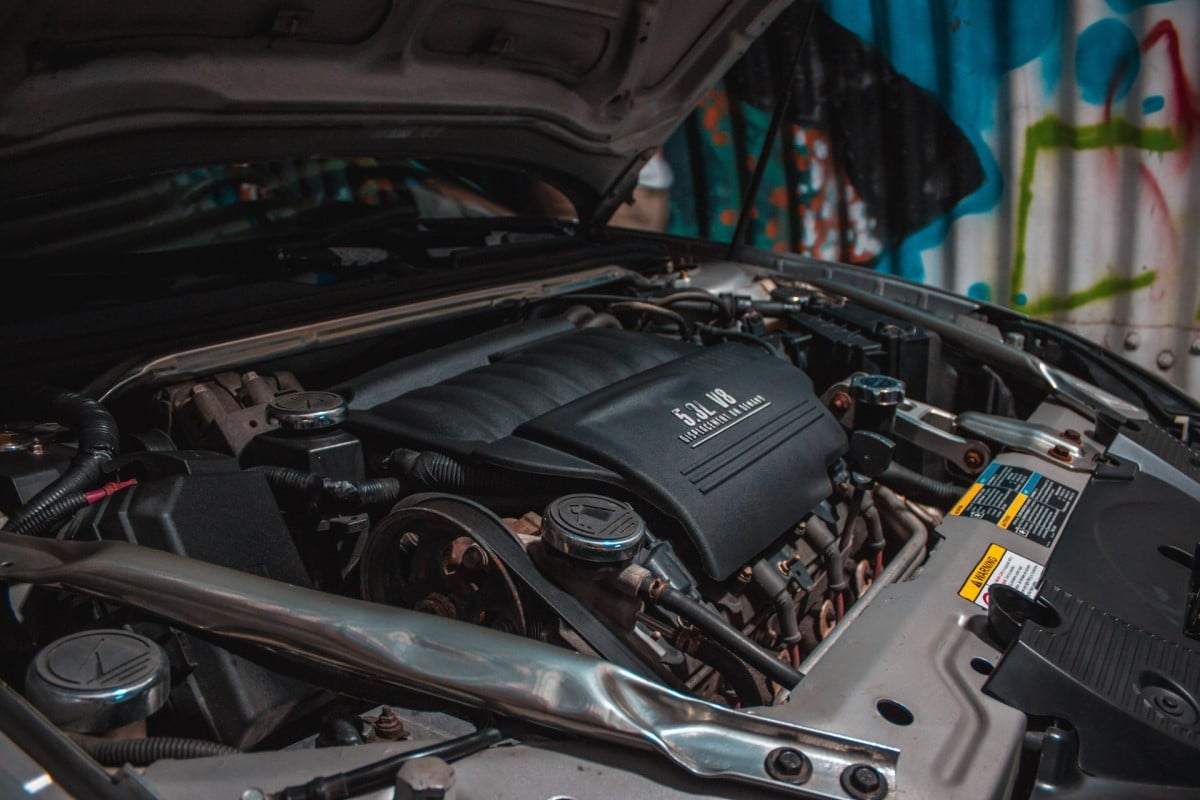Your vehicle is a trusty steed. It gets you from A to B, never complaining, always ready for the next adventure, or the next trip to the grocery store. But here's the thing: just like a trusty steed, your car needs care, attention, and regular maintenance. One of the most crucial aspects of car maintenance? Regular oil changes.
Why Are Oil Changes Important?
Oil is the lifeblood of your engine. It lubricates the myriad of moving parts, ensuring they run smoothly and efficiently. Without oil, these parts would grind against each other, resulting in significant wear and tear and potentially catastrophic engine failure.
But it's not enough to simply have oil in your engine; that oil needs to be clean. Over time, engine oil collects dirt and debris. If not regularly replaced, this contaminated oil can cause damage to your engine. It's akin to running a marathon while dehydrated: sure, you can probably do it, but it's going to hurt, and it's going to cause damage.
How Often Should You Change Your Oil?
There's no one-size-fits-all answer to this question. It depends on several factors: the make and model of your vehicle, the type of oil you use, how much you drive, and under what conditions.
However, as a general rule, it's recommended to change your oil every 3000 to 5000 miles. If you're using synthetic oil, you might be able to stretch it to every 6000 to 7500 miles. And if you're not driving a lot? It's still a good idea to change your oil at least twice a year, to make sure it's fresh and clean.
Are All Oils Created Equal?
Not at all. There are two main types of engine oil: synthetic and conventional. Synthetic oil, being chemically engineered, usually provides better performance and lasts longer. It's also more resistant to temperature extremes. Conventional oil, on the other hand, is cheaper, but it doesn't offer the same level of protection or longevity.
What Are the Consequences of Skipping Oil Changes?
Well, let's circle back to our marathon analogy. If you run a marathon without hydrating, you're going to suffer. Your performance will drop, you'll do damage to your body, and you might even collapse before the finish line.
Similarly, an engine running on dirty, old oil will struggle. It will become less efficient, it could overheat, and parts could start to wear out. In the worst-case scenario, it could lead to complete engine failure – and that's a repair bill you don't want to face.
So you see, something as simple as an oil change can have a profound impact on your vehicle's health and longevity. It's a small task, but a vital one.
If you're not sure when your next oil change is due, or if you need advice on which type of oil is best for your vehicle, drop by Sartorial Auto Repairs. Our knowledgeable team will be more than happy to help you keep your engine running smoothly, and your trusty steed ready for its next adventure.




